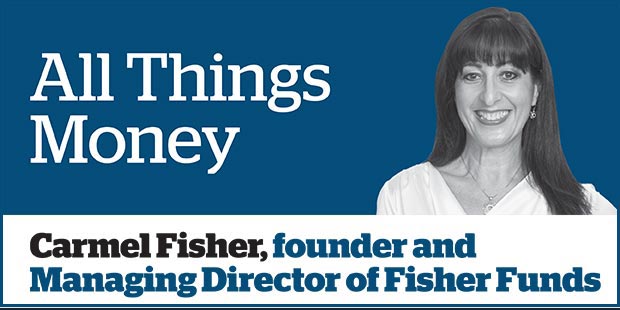I've always loved the idea of inter-generational family businesses - started by great-granddad (or even better, great-grandma) and built up over decades by descendants as passionate and hardworking as the founder.
Unfortunately, this model is something of a romantic notion and relatively few companies survive through the generations. According to the Family Business Institute, 30 per cent of family businesses worldwide survive into the second generation, 12 per cent make it into the third, and only 3 per cent last into the fourth and subsequent generations.
A lack of succession planning seems to be the most common obstacle but there are others, relating to the nature of families.
Poor succession planning is not unique to family businesses. Imagine being a member of a royal family, waiting for the king or queen to surrender their throne and give the heir-apparent his or her turn. As an aside, things are looking up for royal heirs - in the last three years there have been four abdications, with Juan Carlos I of Spain, Albert II of Canada, Queen Beatrix of the Netherlands and the Emir of Qatar all relinquishing their thrones to the next inline.
Succession planning in a family business has unique issues because you are dealing with family. Who wants to start a conversation with Dad about when he might like to give up control of the business so Junior can step in?
It is most difficult with first-generation family business leaders as they tend to have the hardest time letting go. This is partly because they are used to being in charge, having started a business from scratch and done everything that needed doing, from product development through to sales and finance. It is also hard because they haven't been through a successful succession before.
Family business leaders can also have a certain personality type that makes them hard to budge. They might resist giving up control because the business is their baby and they assume nobody can do it as well as them. They can also be reluctant to stop doing what they love, as they can't imagine what they'd do otherwise.
One family business consultant takes an interesting approach. He starts by telling all family members the primary goal should be to help the BOSS be successful. All heads turn to the business leader, but the consultant quickly explains that the real boss is not one person, but the four constituencies that make up the word.
B stands for the Business and what it needs to be successful. The O stands for Others. In the context of succession planning, the Others are each member of the family and they all need to be committed to making the business a success.
The first S is for Self. This can be the hard part as all family members need to articulate their own wants and needs. Apparently an inability to speak directly to other family members about 'selfish' issues is one of the biggest challenges in family businesses. The last S stands for stakeholders, including the whole family, employees, clients, suppliers and anyone connected with the business.
Having read all about the challenges of family businesses, I enjoyed hearing this week that Emma Hill is to take over as chair of Michael Hill International when her father retires in November. This is a first-generation family business with a passionate and determined founder who, I suspect, would not have given up control lightly. Mum is on the Board too ... no pressure, Emma!
The company's press release quoted Hill saying his daughter has the support of the board, the passion and the expertise to take the company to higher levels. Emma also commented on her 30 years in the business (from age 13) as a journey of 'learning, perseverance and growth'.
Every business is interesting but those involving families and generations overcoming their unique challenges to survive are, to my mind, in a league of their own.

